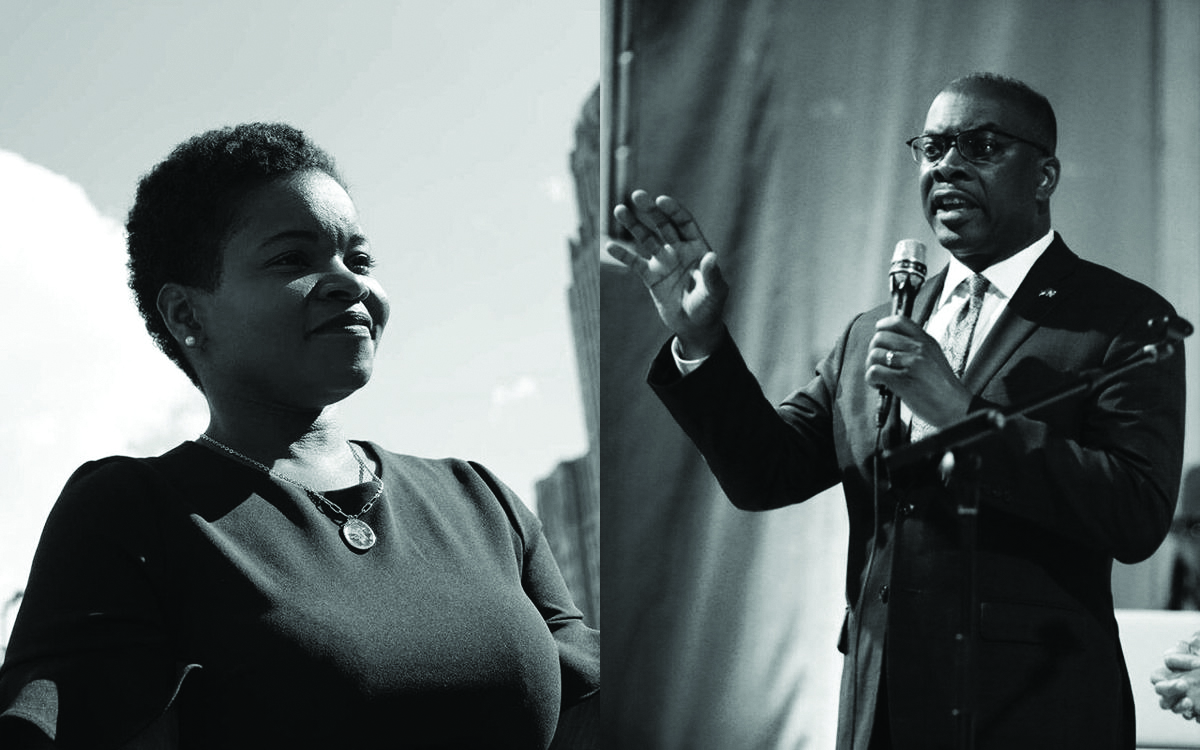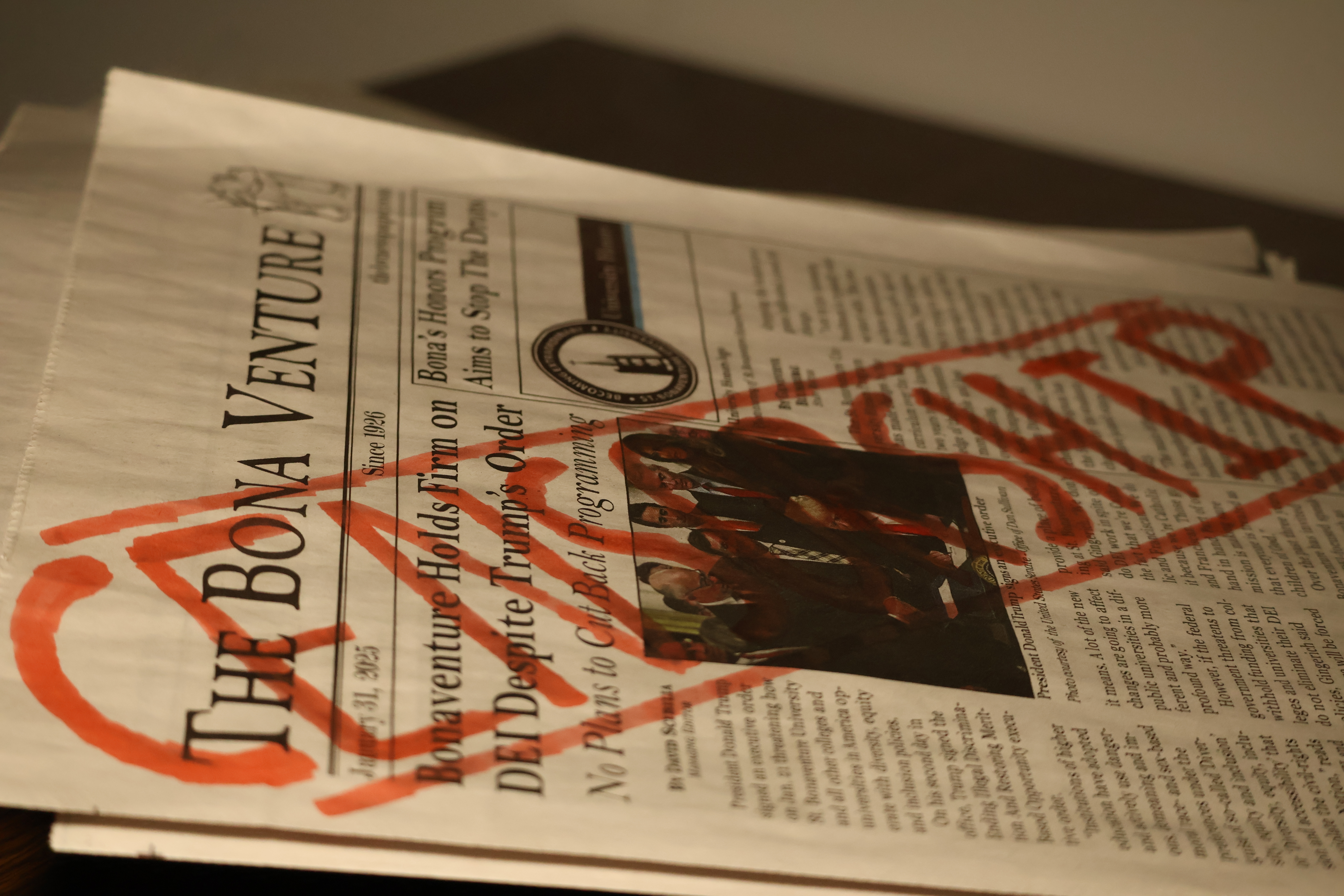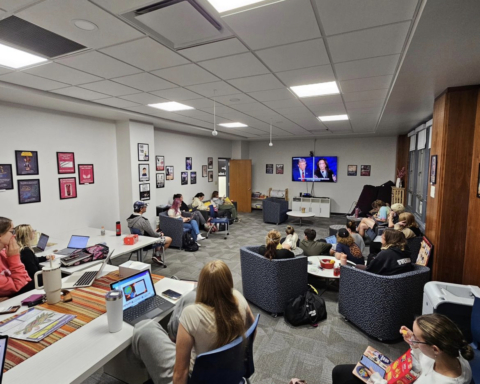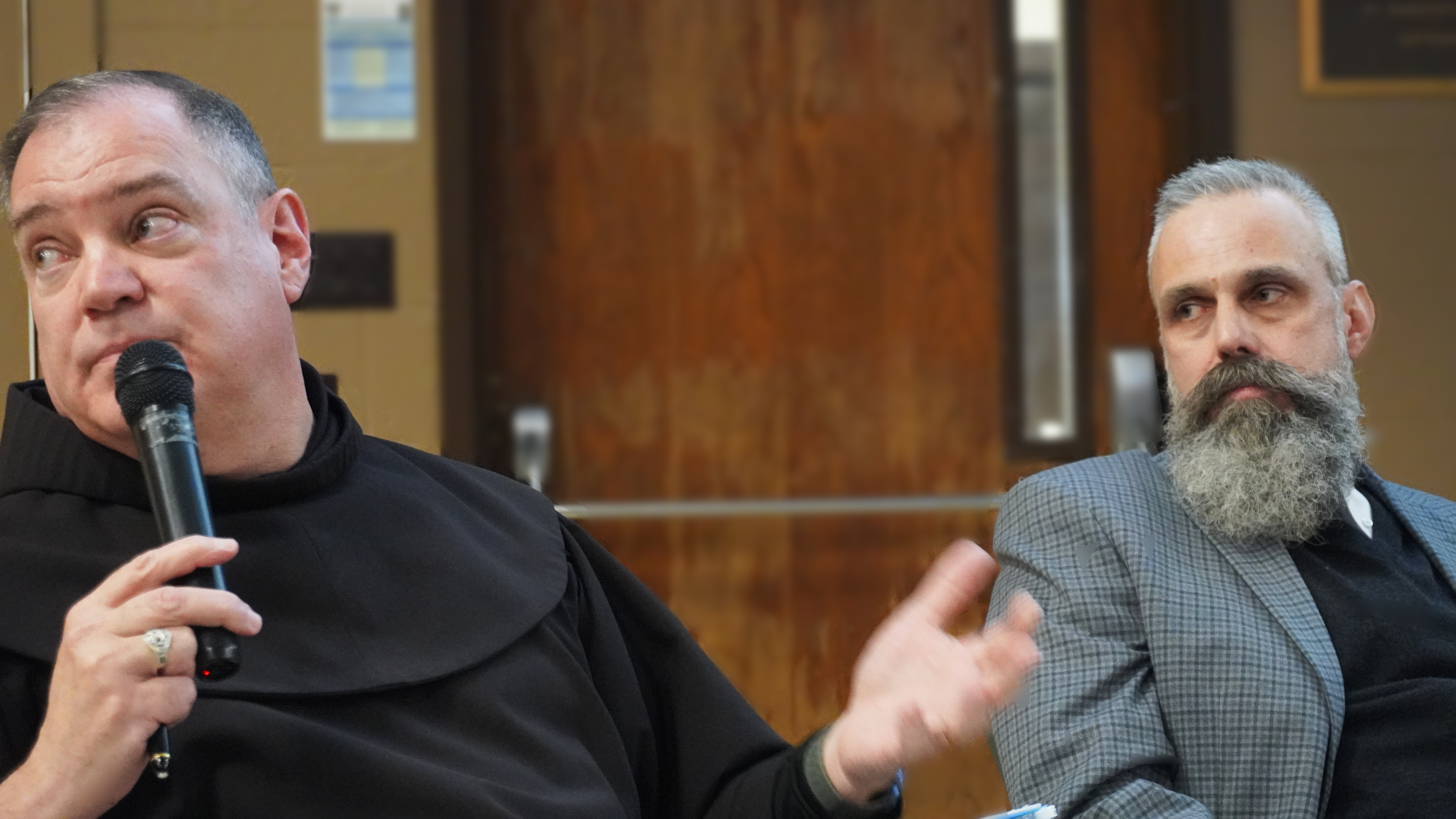BY JUSTIN BOTT, CONTRIBUTING WRITER
BUFFALO, N.Y. – Mayor Byron Brown has been in office since 2006 and wants to continue his tenure for an unprecedented fifth term, but his road to victory won’t be as easy as his previous four, as he’s having to run a write-in campaign. Brown was beaten in the June 22 Democratic primary by India Walton, a young activist, registered nurse and mother of four who ran as a Democratic socialist in the Democratic Party.
Brown lost the primary by slightly more than 1,000 votes: Walton garnered 11,718 votes, and Brown tallied 10,669, according to the Erie County Board of Elections. It was the first primary Brown failed to win since 1993, when he was 33 and lost a run for the Erie County Legislature to George Holt.
Walton, who had never run for public office before, was around 10 years old the last time Brown lost an election. She would become the first female mayor in Buffalo’s history if she wins the general election. She would also be the first socialist mayor in a major city in six decades. Frank P. Zeidler, the last socialist mayor who held office in Milwaukee, WI, passed away in 2006 at 93 years old. That same year, a 45-year-old Brown took the mayor’s office for the first time.
The numbers tell the story of Brown’s 2021 primary defeat.
Brown won six of Buffalo’s nine districts in the primary, but those victories were slim — and the margin may have cost him. In the six districts that Brown won, he led by a total of 1,503 votes, according to the board of elections. Walton won the Delaware District, the district with the highest voter turnout, by 1,355 votes, according to the board of elections. The two other Walton districts, Ellicott and Niagara, had a margin of victory of 1,197 votes.
Buffalo Common Councilmember Christopher Scanlon thought that voter turnout had a big role in Brown’s loss. “South Buffalo’s always number one or number two in voter turnout, and that was not the case,” said Scanlon. The South District, the district that Scanlon represents, ranked sixth out of nine in voter turnout for the primary. In every general election since 2005, the South ranked second in voter turnout to Delaware, which is why the turnout was so surprising to him.
Scanlon also said that he expects his district’s voter turnout to be a lot better on election day on Nov. 2. “I think over the past five mayoral generals [elections], South Buffalo’s averaged somewhere around 7,000 votes,” he said. “I believe it will be higher than that based on the level of excitement and the level of energy around the mayor’s candidacy here in South Buffalo, which is brought on by a combination of the mayor’s success over his term and also uncertainty and concern about a potential Walton administration.”
When she announced her campaign a year ago, Walton said, “This campaign is not about India becoming mayor … This campaign is about the people realizing and standing in our power, and to send a message to the establishment that you’re not safe.” Brown’s campaign has been running negative ads suggesting she’s a scofflaw.
Michael J. Hammer, professor at the University of Maryland and an expert at the MIT Election Data and Science Lab, agreed that voter turnout could be crucial in the general election. “I think it [turnout] could be really important,” said Hammer. “We know that turnout in local elections tends to be low, but there’s lots of people out there who think of themselves as voters and vote in other elections, and mobilizing them is usually not as hard as getting someone to decide to vote for the first time.” Hammer encouraged the two candidates to recruit voters who usually vote in national elections to vote in this local election.
Hammer said Brown’s write-in campaign would be a challenge, but not unwinnable. “It’s easier when you have the name recognition available,” said Hammer. “Then, a lot of it depends on what they can do in their campaign on the ground to get people to show up and to write his name in. Get them to write the name in and then to do it in a way that ensures that the voter’s intention is reflected.”
Hammer pushed home the point that in order for Brown to win the election, the voters have to know about the write-in and be able to write in his name correctly. “The best way to do that is to get the exact spelling, but informing people about this process is another level,” he said. “It’s not just about convincing them to vote and convincing them to vote for you, but convincing them to go through the extra effort of writing it in and doing it in a way that ensures that the vote’s counted.”
Scanlon agreed. “Most people are not used to doing a write-in on the ballot,” said the Buffalo State graduate. “You got to teach people how to do it and how to do it correctly. You know where the location on the ballot is for things like that.”
The “education” of the campaign is something that the councilmember stressed a lot and he said that Brown has a good chance as long as voters know how to do the write-in. “I think [Brown’s chances] are very good,” said Scanlon. “Again, it’s all about education and educating people about how to do the write-in. There’s a ton of excitement, a ton of energy around the mayor’s candidacy out here in South Buffalo. I think he’ll do extremely well here, and — ultimately — I think he’ll reign successful.”
Hammer didn’t have an opinion on whether Walton or Brown would win, but Anne Lee did. Lee, a professor in the journalism department at St. Bonaventure University, said she thinks the election will go in Brown’s favor this time around. “I think a lot of people are going to come to vote, but I think a lot of people are going to come to vote because they don’t want to see [Walton] as mayor,” said Lee.
Brown’s lackluster primary campaign also got listed as a reason for his loss. “There wasn’t a very active campaign on the mayor’s behalf, so all that played into the low turnout,” said Scanlon. Brown refused to debate anyone, and it eventually came back to bite him in the primary. Lee agreed. “I certainly think it was sloppy planning on his [Brown’s] part,” she said. “I remember watching the news when [Walton] won the primary, and I was like, ‘He was probably suffering from overconfidence.’”
Brown and Walton debated each other at the Frank J. Merriweather Jr. Library on Jefferson Avenue on Sept. 9. That was the only debate between the two candidates because that’s all Walton agreed to. Now, the two will await the results of the general election on Nov. 2 as Brown attempts to get thousands of Buffalonians who didn’t turn out in June to go to the polls and to write down his name.
bottj19@bonavneture.edu









